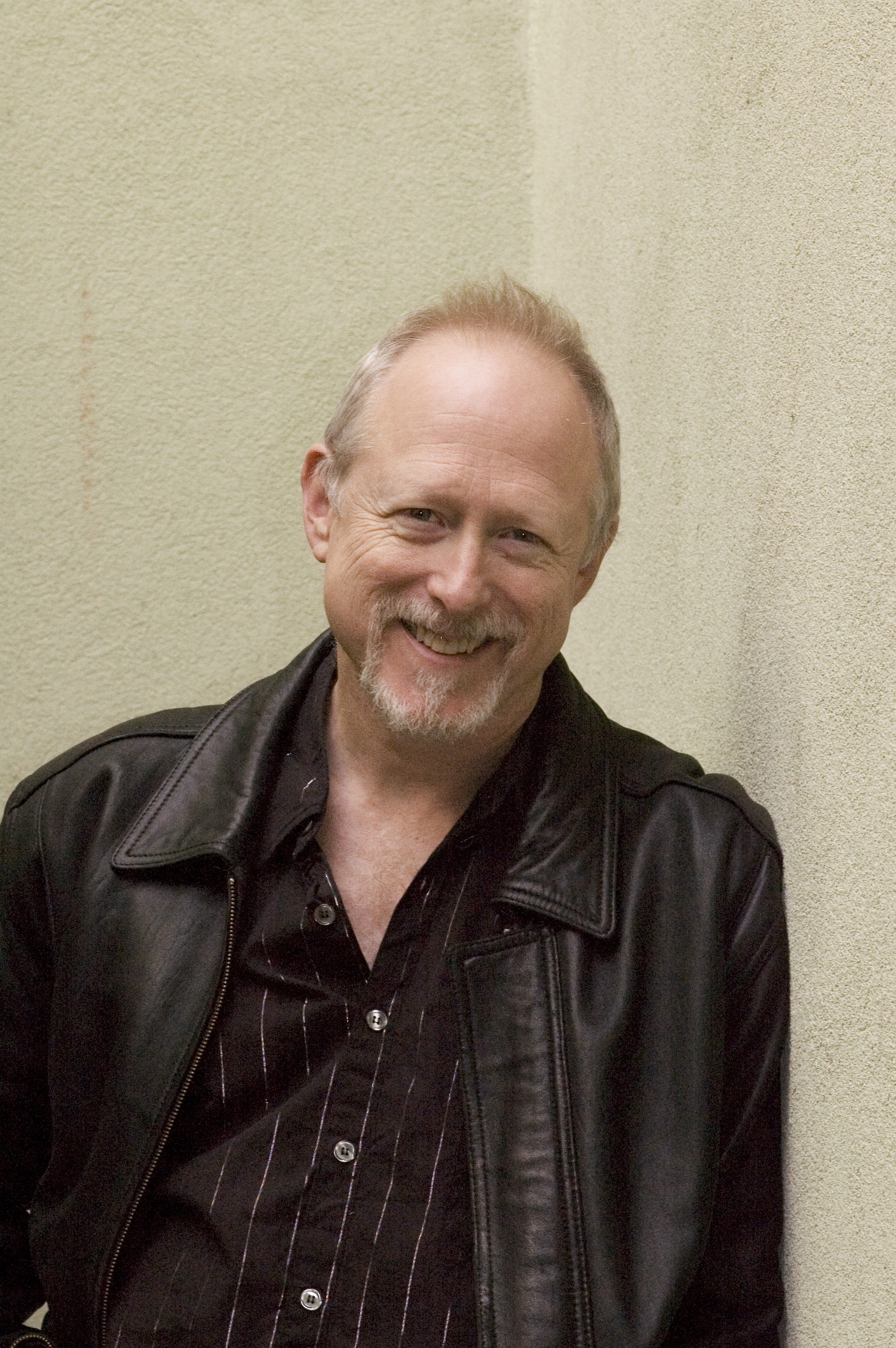You look familiar, says the casting director an audition, but he can’t place the face. “I was on a television show for a long time,” says Don Johnson, which gets a welcome laugh in Alex of Venice. He plays a genial, grizzled actor with memory problems, father to heroine Alex (Mary Elizabeth Winstead of Smashed ), a workaholic lawyer whose stay-at-home husband (director Chris Messina) abruptly leaves the family. Johnson is enjoying something of a career resurgence after Cold in July and The Other Woman, and he brings some pathos to this fading thespian who can’t remember his lines in The Cherry Orchard. Messina is well-served by his cast and the sun-splashed streets and canals of Venice, California; he gets the textures and family stresses right as this household begins to crumble. It’s a pity, then, about the dull, obvious writing, which doesn’t measure up to the talent involved. (Harvard Exit: 7 p.m. Fri. & 1:30 p.m. Sat. Messina will attend both screenings.)
Somewhat better than your average reality TV episode, To Be Takei needs no selling, since George Takei has become a late-life gay icon and Twitter phenomenon. And the former Star Trek actor will be Grand Marshal of our Seattle Pride Parade on June 29, so this doc feels like an extra victory lap for a guy who’s already run several. Filmmaker Jennifer Kroot doesn’t have to dig hard for Takei’s life story (from World War II internment camp to life in the closet), because he’s got it down to a practiced keynote speech. His story is affecting, and his dealings with exasperated husband-to-be Brad are amusing—especially when Kroot simply leaves them alone with the camera to bicker. Maybe what’s most impressive about Takei, whom we see patiently signing photos for fans at 2012’s Emerald City Comicon, is his showbiz determination to work to the very end (he’s 77). After debuting his new musical Allegiance, about life in the camp, he’s exhausted yet thrilled. You did great, Brad tells him, considering you forgot half your lines. (Egyptian: 7 p.m. Fri. SIFF Cinema Uptown: 4 p.m. Sat.)
Shot in handsome widescreen by cinematographer Chayse Irvin, the rural drama Medeas sure looks great. We’re in some sort of arid California farm community, possibly in the ’80s, where the [nouns TK] run wild in fields of grass. The sun is always low, the air full of heat, longing, and piety. It would be tempting to call this highly aestheticized milieu Malick-like, but I think post-Malick is now the preferred term. Italian filmmaker Andrea Pallaoro, now based in the States, has clearly seen Badlands 300 times or so, and its influence is too directly felt. And with Malick, even if the stories are hazy, you gain access to his characters’ thoughts with those endless whispered voiceovers. Here, there’s mostly silence and a certain blank inscrutability to anyone’s motives. Brian F. O’Byrne plays a frustrated cattle rancher, with Catalina Sandino Moreno (Maria Full of Grace) as his deaf, unfaithful wife—already the mother of five kids with a sixth on its way. Pallaoro adds a few Biblical and classical references, which makes Medeas more contrived than convincing, a foreigner’s view of the American West. (Pacific Place: 7 p.m. Thurs. Harvard Exit: 4 p.m. Fri.)
From Italy, First Snowfall places a sullen African immigrant up high in a tiny Alpine village while he awaits possible deportation or residency status. There’s tragedy in his past and an infant daughter he mostly ignores. Dani finds work assisting an old local farmer, whose household includes a widowed daughter-in-law and grandson. You can guess that the errant 11-year-old needs a father, and you can equally well guess the direction Andrea Segre’s drama will take. The locals, who speak a German dialect, complain about the lack of jobs; and the village’s younger men, like Dani, have mostly left their homes in search of better prospects. There’s a certain Dardenne brothers vibe to this hard-luck setting, only the Trento region is a whole lot more scenic than Belgium. Yet Dani has no use for scenery, and young Michele barely comprehends his plight. When Dani finally tells the kid his story, you realize that’s the movie Segre should’ve made—the trauma before the healing. (Pacific Place: 4 p.m. Thurs. SIFF Cinema Uptown: 6:30 p.m. Fri.)
TK more…?
Subsequent text in body 1. E
bmiller@seattleweekly.com





